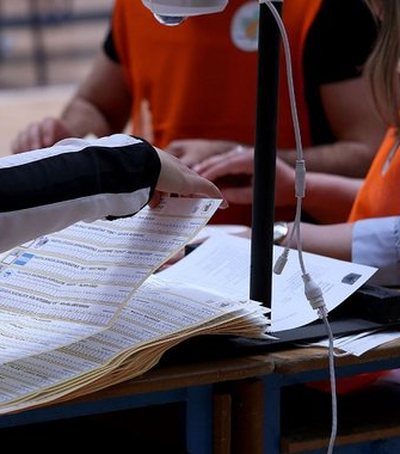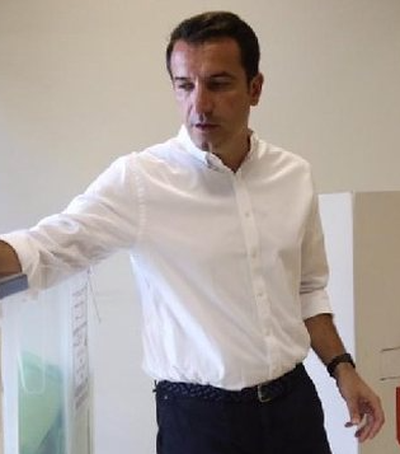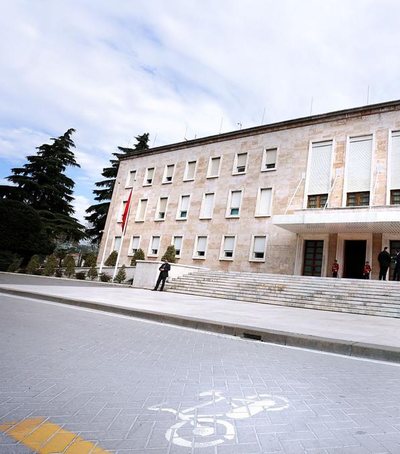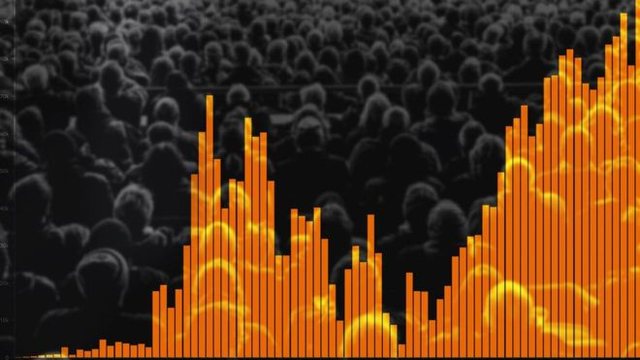
Coronavirus pandemic is far from over. Some countries are still dealing with major epidemics, but even those currently controlling the virus fear the "second wave."
The second phase of the Spanish flu a century ago was more deadly than the first.
So is a second wave inevitable? And how bad can it be?
First, what is a second wave?
You can think of it as a wave over the sea. The number of infections increases and then decreases again, each cycle is a â??waveâ? of coronavirus.
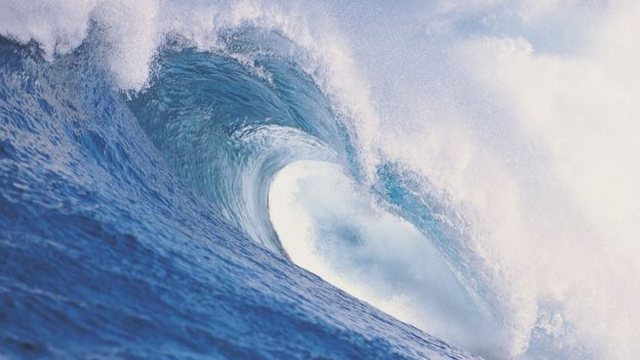
However, there is no official definition.
"It's not particularly scientific, the way you define a wave is arbitrary," BBC Mike Tildesley of Warwick University told the BBC.
To say that a wave has ended, the virus would have been brought under control and cases would have dropped significantly.
To start a second wave you will need a steady increase in infections. New Zealand, which has its first cases after 24 days without coronavirus, and Beijing, which is facing an outbreak after 50 days without viruses are not in this position.
But some scientists say Iran may have begun to meet the criteria for a second wave.
The potential is clear: the virus is still around us and is no less deadly or contagious than it was in early 2020.
Only about 5% of people in the UK are thought to be infected and there is no guarantee that all are immune.
"It's almost like starting all over again."
"The ultimate mystery is how to maintain control while minimizing daily disruption," says Dr. Kucharski.
No one is 100% sure how far we can go.
This is why measures have been taken in stages and new ways of controlling coronavirus are being introduced, such as contact tracking or face coverings.
"In the UK and neighboring countries, the increase in cases could happen quite quickly if the measures are removed beyond the transmission control," says Dr. Kucharski.
This is already starting in Germany where 650 people have tested positive for the virus after the eruption in a sea.
It is not a big problem if the clusters can be identified quickly, the local blockages introduced and the spread of the virus stopped.
Otherwise, they contribute to a second wave.
South Korea, which has been widely praised for treating coronavirus, has had to re-impose some restrictions due to such groupings.
Will a second wave be the same as the first?
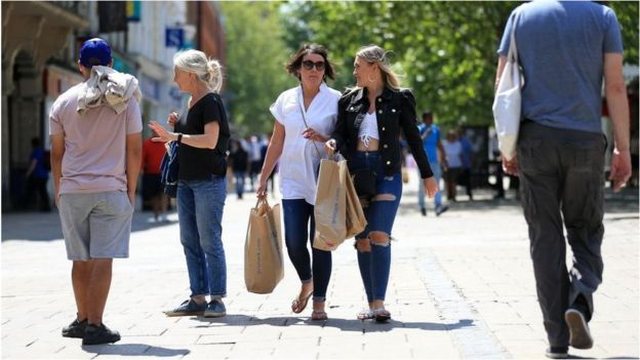
The RS value, the number of people that each infected person passed the virus on average, was 3 at the onset of the pandemic.
This means that the virus is spreading rapidly, but our behavior has changed, we are at social distance and it is hard to see how R will get back so high.
Dr. Kucharski told the BBC: "No country will take everything away and return to normalcy."
If cases start to grow again, they are likely to be relatively slow.
However, a second wave, theoretically, could end up even bigger than the first, because so many people are still sensitive.
"But if cases rise again, we can restore the blockage to suppress a second wave, it's always an opportunity available to us," says Dr. Tildseley.
When will a second wave occur? Will winter make it worse?
Dr. Kurcharski says local eruptions could be seen in "the coming weeks or months" after the measures are lifted.
But that doesnâ??t mean a second wave is guaranteed.
Dr. Tildseley says: "If the masses calm down significantly, we may end up with a second wave in late August or early September."
Winter can be an essential time, as other coronaviruses have spread faster.
If we only controlled the virus, even a small seasonal outbreak could lead to the spread of the virus.
"Spring undoubtedly helped us," says Prof. Jonathan Ball, a virologist at the University of Nottingham.
"A second wave is almost inevitable, especially during the winter months."
Will the virus become softer than it used to be?
An argument against a second deadly wave is that viruses become less dangerous as they evolve to better infect humans.
HIV also seems to be getting softer. The theory is that viruses will spread further and thus become softer.
Prof. Ball adds: "People often have a very mild infection or are asymptomatic, but if they can transmit it, then there is no reason to imagine that the coronavirus should become milder."


